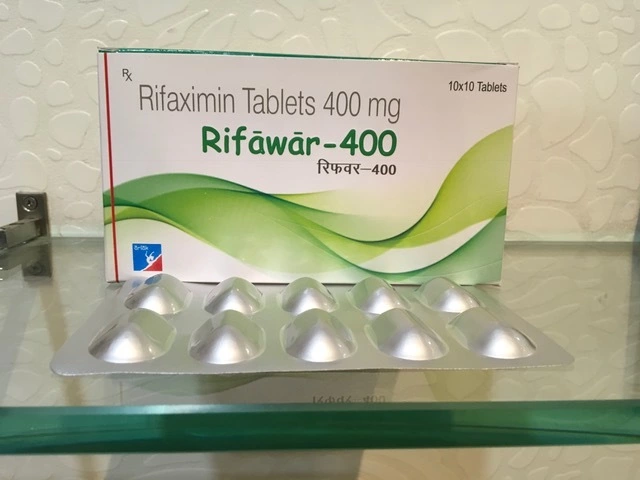Antacid Dosing: What You Need to Know for Relief
Feeling that burning sensation in your chest after a heavy meal? Antacids can come to the rescue by neutralizing stomach acid and easing discomfort fast. But using them right matters. Taking too little might not help, while too much could cause side effects. Here’s a practical guide on how to dose antacids effectively so you get relief without risks.
When and How Much Antacid to Take
Generally, antacids work best when taken 1 to 3 hours after meals and at bedtime. This timing targets acid buildup most likely to cause heartburn. Most antacids recommend chewing or swallowing 1-2 tablets or a 5–15 ml dose of liquid after meals. Be sure to read the packaging as doses can vary between brands and formulations.
If you’re using antacids frequently or your symptoms persist beyond two weeks, you should check with a doctor. Frequent use can cover up serious issues like ulcers or gastroesophageal reflux disease (GERD) that might need different treatment.
Safety Tips and What to Watch For
Don’t mix antacids right before or after other meds without checking — antacids can affect drug absorption, making treatments less effective. For example, they can interfere with some antibiotics or heart medications. Space them out at least 2 hours apart.
Also, keep an eye on the type of antacid you use. Products containing magnesium or aluminum can cause diarrhea or constipation, so swapping between these or talking to a pharmacist helps avoid those issues. If you have kidney problems, certain antacids might not be safe.
Lastly, avoid relying on antacids as a long-term fix. If heartburn or acid reflux is a regular problem, lifestyle changes like eating smaller meals, avoiding spicy foods, and not lying down right after eating can do a lot. And again, if symptoms don’t improve, get checked out.
Using antacids the right way means quick relief without headaches or risks. Pay attention to dosing instructions, timing, and your body’s response. When in doubt, talking to a healthcare provider is the smartest move.

Best Over-the-Counter Alternatives to Nexium 40 mg: Effectiveness, Dosing, and Safety Reviewed
- Date: 27 Apr 2025
- Categories:
- Author: David Griffiths
Confused about what to try after Nexium 40 mg? This article takes the guesswork out of choosing an effective and safe over-the-counter (OTC) substitute for Nexium. We break down how OTC heartburn remedies work, recommend dosing strategies, and dig deep into which options deliver real relief. You'll get practical tips backed by real data and find out when it’s time to talk to your doctor. Be ready to feel in control of your heartburn management—without a prescription.




